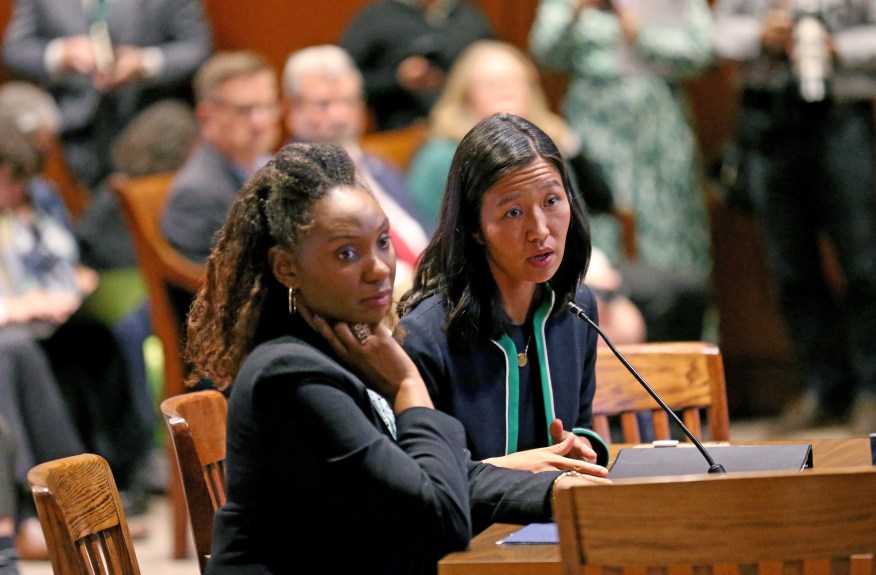Boston, MA — The city of Boston is making a renewed effort to implement a 2% tax on significant real estate transactions as part of its strategy to generate funding for affordable housing development. Although officials argue that this measure is essential to address the affordable housing crisis, the proposal is encountering opposition from industry groups.
Mayor Michelle Wu recently testified before state lawmakers for the second consecutive year, advocating for a home rule petition she submitted. This petition aims to empower Boston to impose a 2% tax on large real estate transactions within the city. The revenue generated from this tax would be dedicated to supporting affordable housing initiatives, an urgent need for the city.
The proposed tax, if approved, would apply to high-value real estate deals within Boston, providing a source of funding to counteract the rising costs of housing and the growing shortage of affordable options for residents. Wu’s administration is pushing for this measure to alleviate the burden on Boston’s low and middle-income families and address the homelessness crisis.
However, opposition to the proposal remains significant, particularly from industry groups who argue that such a tax could deter real estate investment and potentially slow down economic growth. Critics assert that Boston needs alternative solutions to address the housing affordability crisis without hampering the real estate market.
As the debate unfolds, lawmakers are weighing the potential impacts and benefits of this 2% real estate transaction tax on Boston’s housing landscape. The proposed measure has yet to gain consensus among stakeholders, leaving the decision in the hands of state legislators and city officials as they navigate this complex issue.





